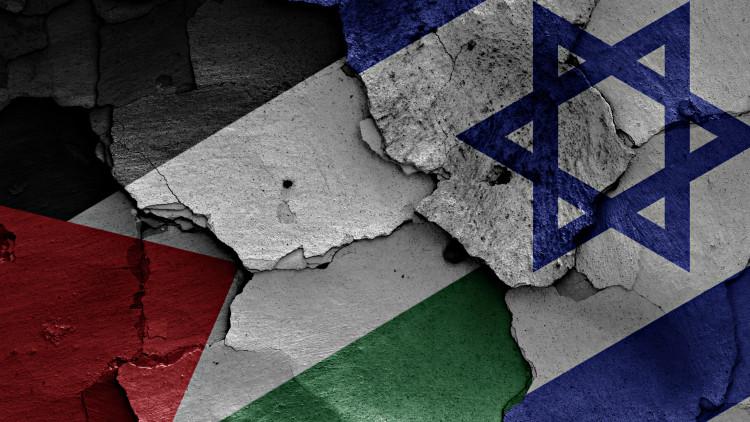Solidarity with all victims
‘We expect academics to use the language of humanity, compassion, and hope'

We are deeply troubled by the call, addressed to the Executive Board of Utrecht University, for a unilateral condemnation of Israel and the establishment of an academic boycott. Fortunately, the university has so far rejected this appeal.
We are very concerned about the impact this statement is already having on the sense of safety and the feeling of belonging of Jewish and Israeli colleagues and students at UU. Therefore, we call on the drafters of the statement to reflect on the implications on our academic community and ask the University to ensure the safety of Jewish and Israeli colleagues and all students, and to ensure a respectful and open academic debate in both research and teaching.
Active in the peace movement
The call made by the students completely ignores naming the nature of the horrific attack Hamas carried out on kibbutzim and villages on 7 October, the celebration of Simchat Torah, a terrorist attack. This attack affected more than 1,000 innocent civilians, and over 240 people were brutally taken hostage or have gone missing.
Many victims were, or still are, active in the peace movement. Not taking a stand against Hamas and Islamic Jihad lends support to parties that have no interest in any peace settlement.
We, too, are extremely concerned and deeply touched by the plight of the people in Gaza, politically hostage to Hamas and now subject to bombings with 10,000 casualties. The population has been cut off from the most basic amenities.
We, too, condemn racism and attacks by radical settlers on Palestinians and recognise the consequences of the occupation of the West Bank, as do many people in Israel.
Crossing the red line
However, framing the actions of the state of Israel as "colonisation" and Hamas' attack as "decolonisation" is historically and constitutionally nonsensical and morally abject. Political or religious ideological approaches that question the State of Israel's right to exist cross a red line, perpetuating and exporting a political conflict.
The call further demonstrates a lack of understanding of the role academics play in cultural, scientific, and political discussions and political actions in Israel, as was again evident in the past year as well as in recent days. It implies, in fact, a betrayal of academic colleagues who have long been committed to the struggle for recognition of minority rights in Israel and a state of their own for the Palestinians.
We urge our colleagues and students not to ignore the daily reality of people there, their stories and their history. Our central academic task is to examine history beyond ideological grids and to recognise and interpret the traumas underlying this political conflict. This requires solidarity with the victims in Gaza, the West Bank, and Israel. It also requires a language of humanity, compassion, and hope. It is precisely what academics should be expected to do, especially now.